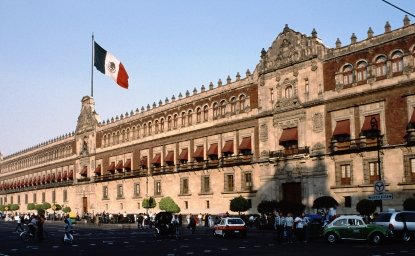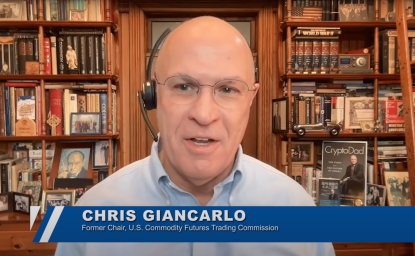There is no need to be an electoral strategy guru to know that, with a few exceptions, in almost no country or situation do foreign policy issues decide a general election. Mexico has not been – and will not be in 2018 – the exception. However, it does not mean this is a minor or irrelevant theme, particularly for a country like ours, with a geostrategic location that causes world events to affect us profoundly and that requires – or aspires to – play an important international role. Today, and in this campaign, to ignore what happens in the exterior involves risks. Paraphrasing Von Humboldt, the most dangerous vision of the world is the vision of those who do not see the world.
It is evident that the project of the nation – and the articulation of foreign policy as one of its central pillars – matters little to the majority of voters. The rage for impunity, corruption, lack of transparency and accountability, as well as worry over public insecurity is such that many Mexicans want someone to change the political status quo because these themes will ultimately impact how Mexicans will vote on July 1. And the candidates know this. However, the best foreign policy is not one that does not exist. And the situation that Mexico and the international system are experiencing require a great articulation of the wide range of foreign policy themes that must be prominently featured in electoral platforms and debates. Given that it should be completely clear who Donald Trump is by now, how will we bulletproof the bilateral relation with the United States, at least during the next two years of the new Mexican government? How do we activate an efficient Plan B with our other commercial partners in order to mitigate the costs of a potential – although remote for now – unilateral denunciation of NAFTA or the constant blackmail and blows that Trump will hold us to, even if the deal is successfully renegotiated? How do we seriously understand the dilemma, challenge, and promise of the young Dreamers? How should Mexico be positioned to defend an international 21st century system based on rules, and how do we contribute to global public goods? How do we articulate and project our soft power and our mega-biological diversity to further our interests and to improve the image and perceptions of Mexico in the exterior? How do we translate the promises and limits of our relationship with China? Will we move forward with the decision to participate in UN Peacekeeping operations? Can we contribute in turning off regional red lights – like Syria or the Korean Peninsula – that show signs of detonating regional or global conflicts? What to do with the destruction of Venezuelan democracy, the threat of chauvinist demagogy and xenophobia toward liberal democracy, or the schism between open and closed societies in different regions of the world? Are we really willing to drive a #GlobalMexico or more Mexico in the world? This requires resources, resources we have not channeled into strengthening our diplomatic footprint (for instance, over the past decade Brazil became the ninth country of the world in terms of foreign missions – with 221 – while Mexico is number 14 with 156). These are only a few of the fundamental questions of foreign policy that Mexico will have to answer in the short and medium term.
Churchill asserted that the reason behind diplomatic ties is not to give praise but to obtain benefits. Having a good relationship with the whole world is not a foreign policy strategy. Diplomacy is, among many things, knowing how to balance risks, and a risk-free diplomacy is a result-free diplomacy. Mexico cannot confront the future of its insertion in the world through its past, ignoring the changes that have happened in our country and the world since the end of bi-polarity, with non-state actors – civil society, cities, or businesses – playing as relevant a role as States in the current international system. Compasses cannot help those who do not know where they want to go, and for a country like Mexico, there is a simple recipe: either we have a seat at the table, or we will be on the menu. That, no more nor less, is what is at stake for the next six years.
The views expressed here are solely those of the author.
Author

Advisory Board Member, Mexico Institute, Wilson Center; Former Mexican Ambassador to the United States; Founder & President, Sarukhan + Associates

Mexico Institute
The Mexico Institute seeks to improve understanding, communication, and cooperation between Mexico and the United States by promoting original research, encouraging public discussion, and proposing policy options for enhancing the bilateral relationship. A binational Advisory Board, chaired by Luis Téllez and Earl Anthony Wayne, oversees the work of the Mexico Institute. Read more

Explore More
Browse Insights & Analysis
The Mexico Institute's 2018 Elections Guide



